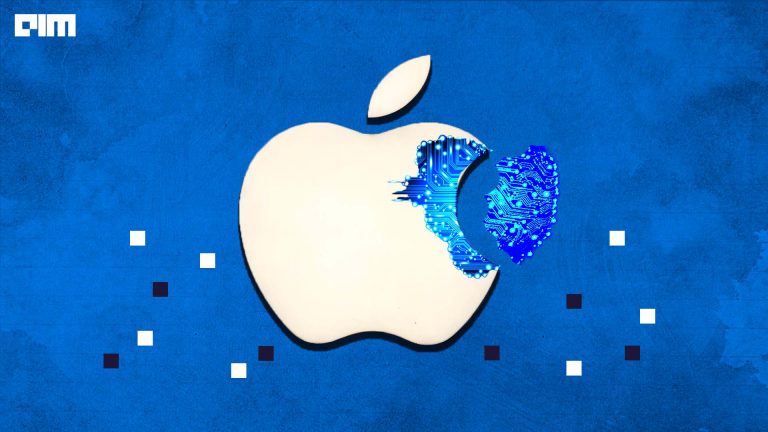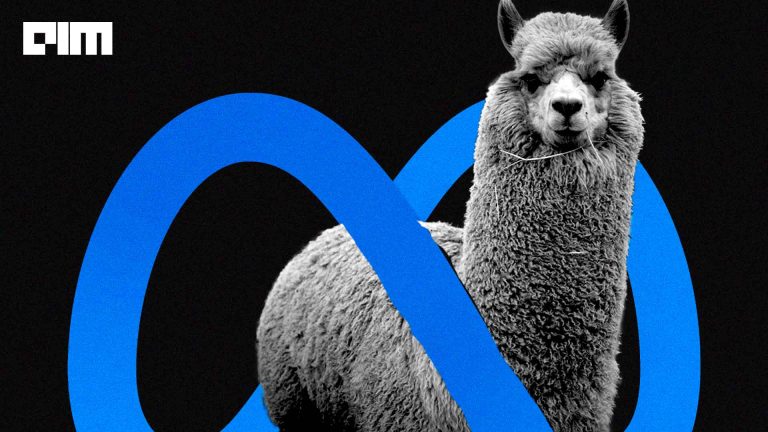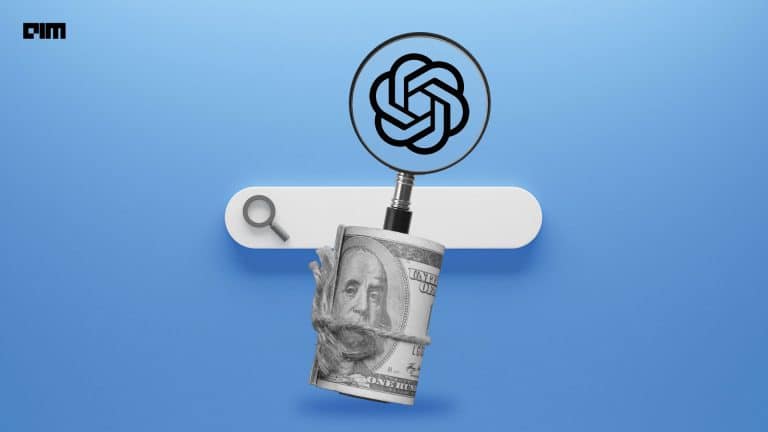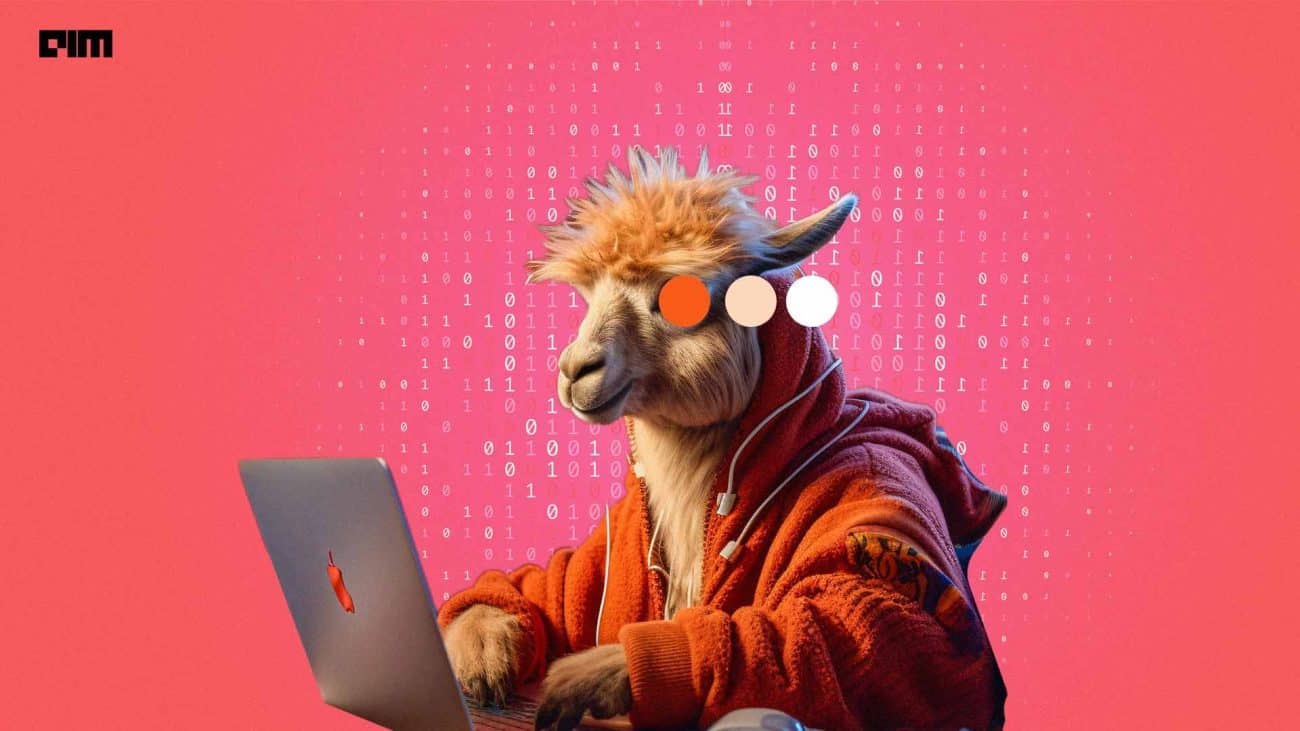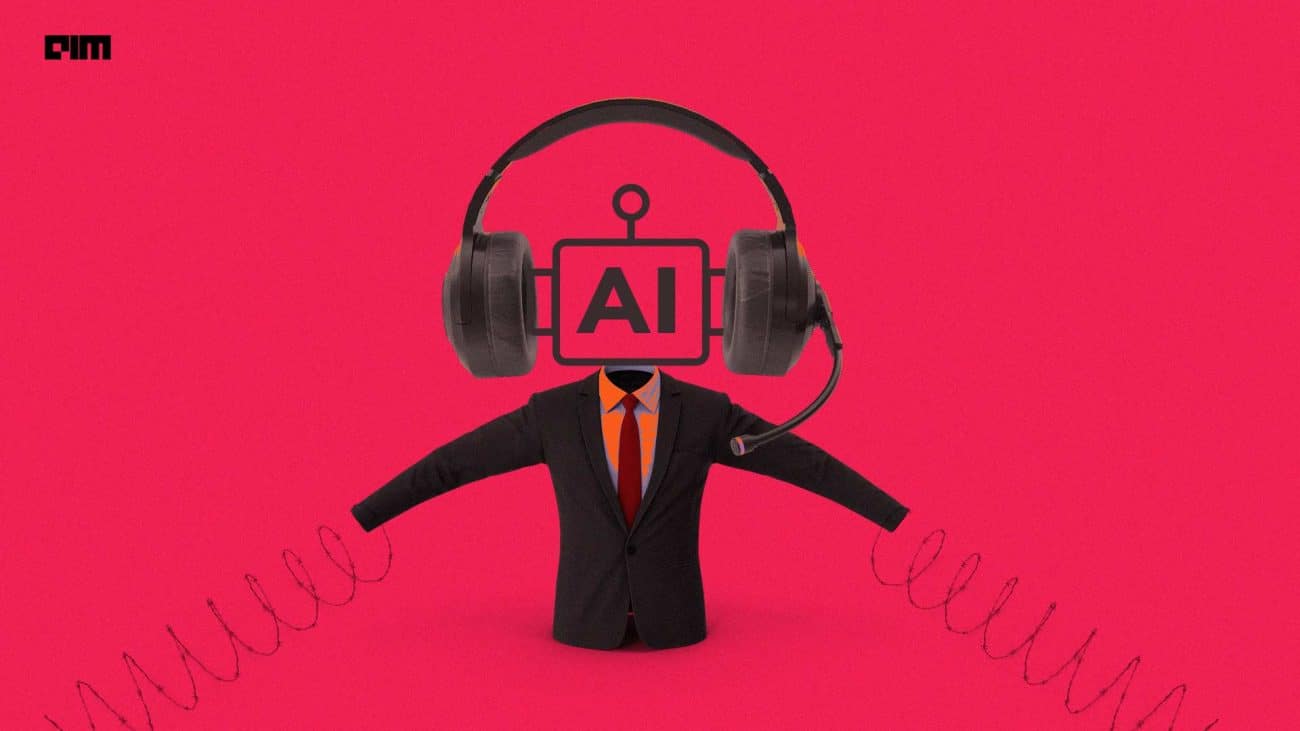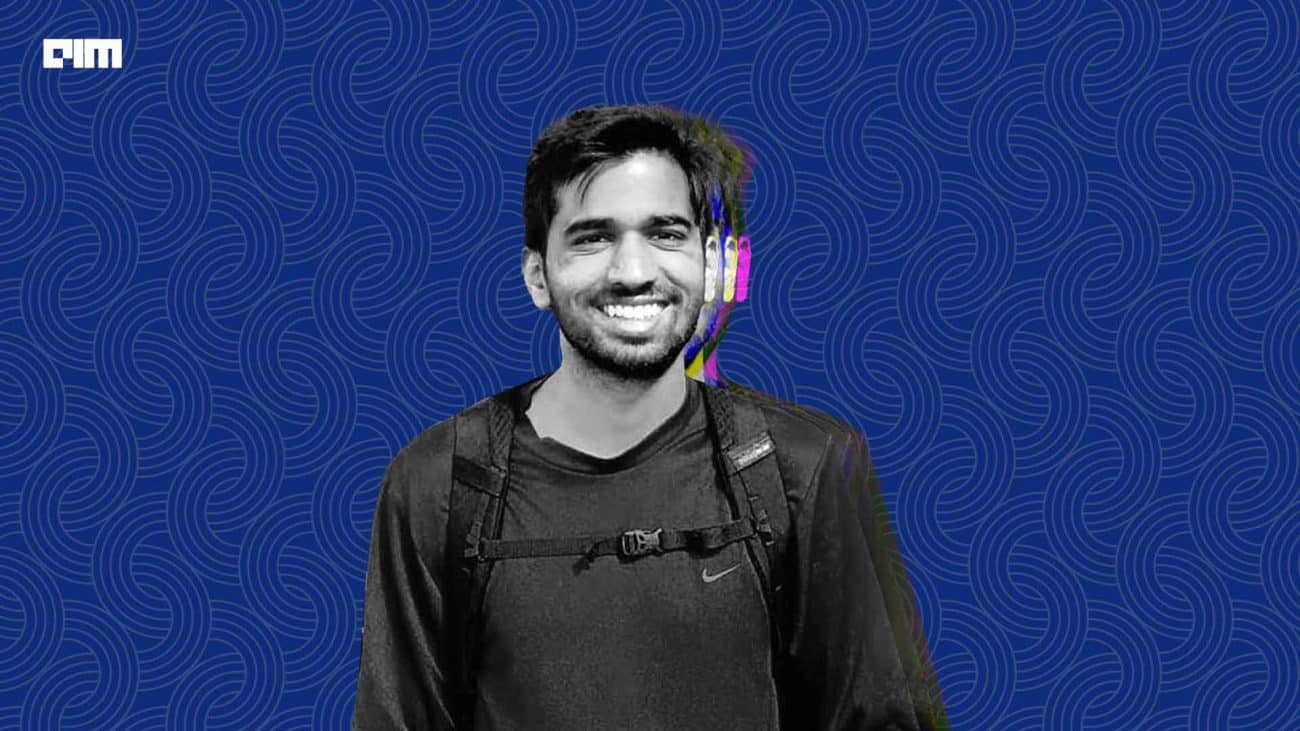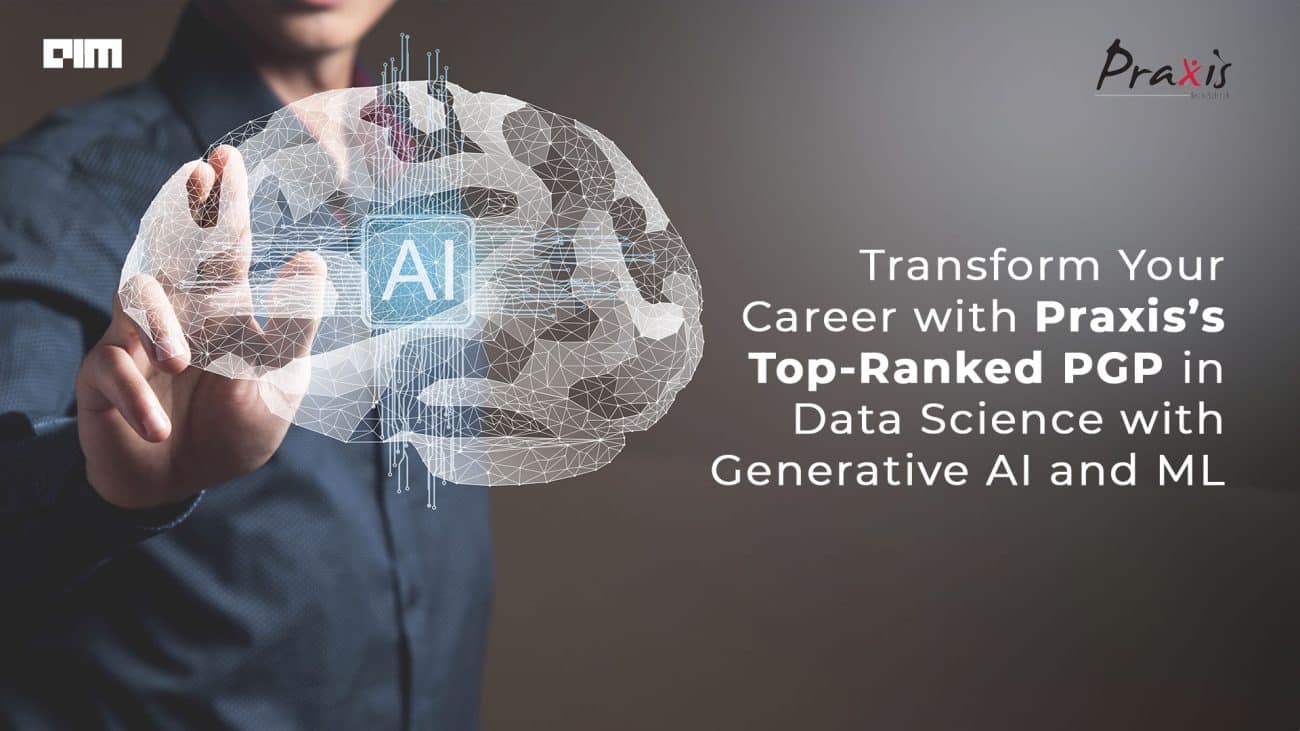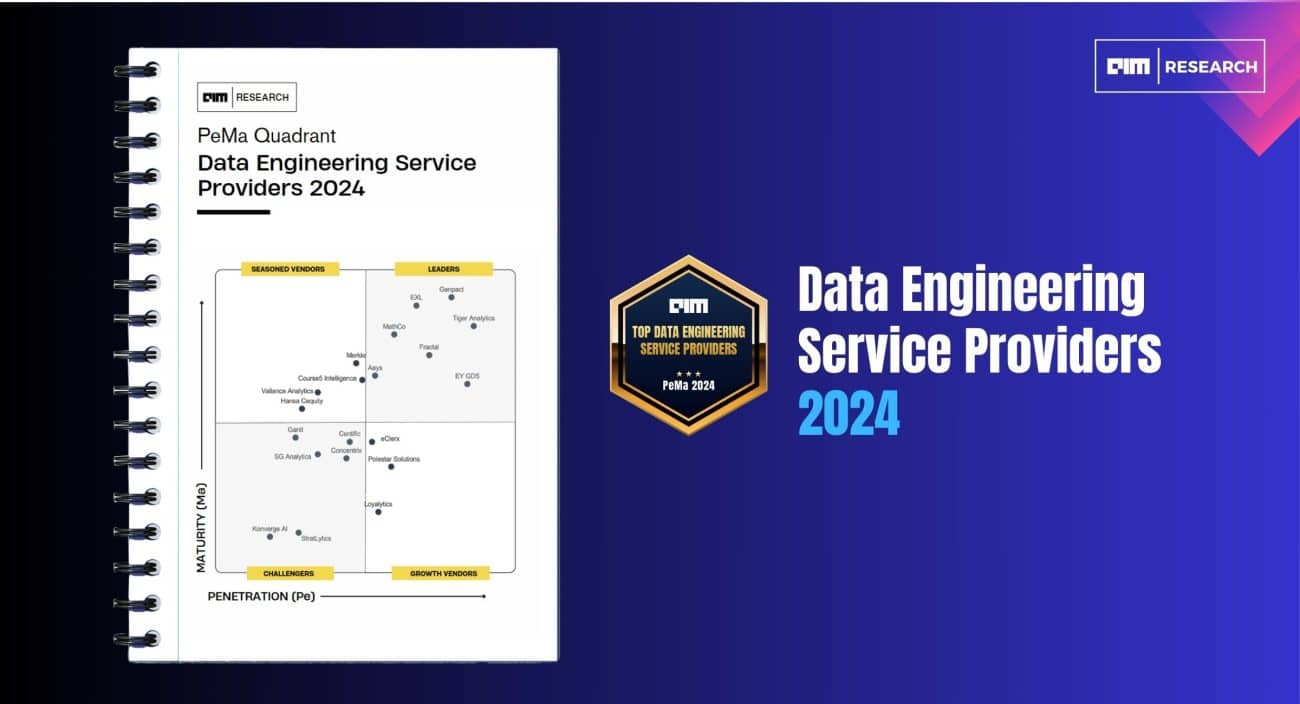|
Listen to this story
|
In 2017, Google’s research paper “Attention is All You Need” introduced the Transformer framework, setting a precedent for innovation in AI models. This development inspired other companies, especially OpenAI, to capitalise on the framework to the fullest extent.
OpenAI used it to develop a series of LLMs: GPT, GPT-2, GPT-3, GPT 3.5, GPT-4, and beyond. And, it reached the pinnacle of this success with the highly acclaimed chatbot ChatGPT, OpenAI’s flagship product launched in 2022.
However, when Google launched its generative AI chatbot Bard in March 2023, it could not garner the same level of impact or excitement.
More Research, Less Marketing
Google is great at research and it has always been its forte. Since 1998, the company has released 5,779 white papers.
According to Jason Wei, AI researcher at OpenAI, and ex-Google Brain employee, at Google, the focus was on writing research papers on fundamental topics.
One lesson that I learned from moving to OpenAI (which is applicable to changing companies generally) is that the opportunity to reinvent myself and adapt to a new optimization landscape can be fun.
— Jason Wei (@_jasonwei) November 13, 2023
When I was at Google Brain from 2020-2022, my optimization was simply writing…
Echoing similar thoughts, Shreyans Bhansali, co-founder and CTO of Maven and former engineering manager, of education at Google, said that Google’s work environment offers a unique global access akin to a “second passport,” providing entry to a vast network and a wealth of resources, including a large codebase and comprehensive strategy documents.
However, Google lacks good marketing. It works on the principle of “let’s throw a bunch and see what sticks,” lacking a solid strategy. It likes to experiment publicly, banking on the hope that one out of many products will succeed, despite frequent failures like Google Play Music, Google+, Google Answers, Google Nexus, Google Glass, Google Video, and Allo. This trial-and-error philosophy might make users sceptical about trying new Google products. Some argue that the company learns from mistakes, but repeated failures can still impact user trust.
The company has been in this situation because it is so difficult to justify diverting resources away from the ongoing profitable products, or potentially even cannibalising Search to promote LLMs. They need all the relevant high-ups to agree on the agenda, actively fight for enormous resources, and push back against all the other parties that want minimal disruption. Too many stars need to align. That is a very tall order.
While Google is mostly research-oriented, OpenAI focuses on research as well as getting its products into marketing faster, making them monetisable. Even with Bard, Google launched it in haste to compete with rival OpenAI, but the product faced criticism for its underwhelming performance.
Moving to OpenAI forced Wei to figure out a new optimisation objective with a different set of challenges and priorities, such as aligning projects with team objectives, exploring new research paradigms like reinforcement learning, and applying research to practical AI applications. This shift required abandoning some old skills and embracing new directions.
Brain Drain is Back
Since the launch of ChatGPT, OpenAI has grown from having a lean workforce of 375 individuals to around 1376 members in less than a year. Currently, it has over 12 open positions in its tech team like Engineering Manager, DALL-E, Engineering Manager, Fine Tuning API and more.
Google is currently working on Gemini, which is said to be “more capable than OpenAI’s GPT-4”, as per DeepMind CEO Demis Hassabis. Even though Gemini was expected to come out this fall, there is still no sight of it, especially when Sundar Pichai failed to mention it during the Q3 earnings call.
Meanwhile, OpenAI has decided to actively up its recruitment efforts against Google, aiming to attract top AI talent by offering pay packages worth up to $10 million, emphasising the opportunity to secure stock options at the current valuation of $27 billion, as per a recent report by The Information.
It also recently provided raises to junior employees and successfully hired key researchers from Google, particularly those involved in the making of Gemini. For example, it has successfully brought on board Jiahui Yu, a key contributor to Gemini.
However, there’s another catch. If the $10 million compensation package vested over four years, which is plausible for very strong hires, it could bankrupt OpenAI.
As OpenAI strategically positions itself with a nearly tripled valuation of over $80 billion, the company’s promise of quick stock bumps and lucrative compensation packages, combined with its efforts to offer a unique optimisation landscape, serves as a compelling narrative in the ongoing narrative of talent acquisition.
Read more: Why are Big-Tech Employees Quitting?







